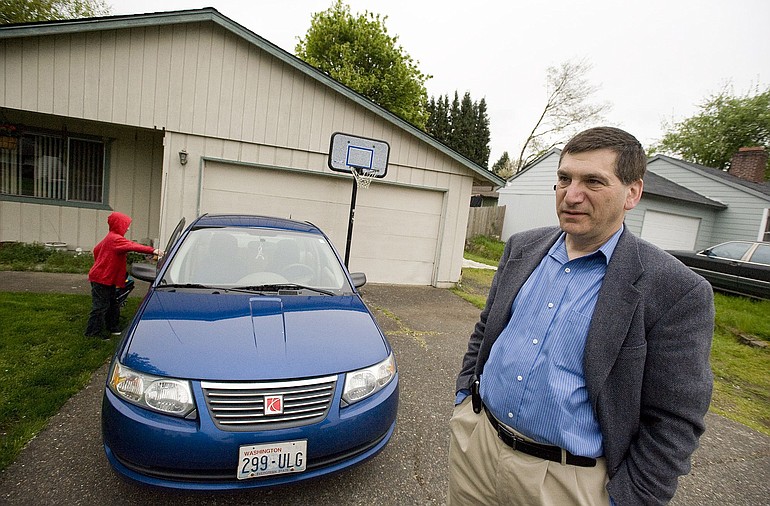Vancouver residents Mark McCloud and Fred Schwarz represent the two — what seem to be inevitable — outcomes of late-career job loss.
McCloud, 63, hasn’t been able to find another job, and is at the brink of a retirement he wouldn’t have chosen and might not be able to afford.
Schwarz, 50, has found a job but earns less than half of his former salary.
They are still reeling from a downturn nicknamed the “mancession” for good reason. In Clark County, nearly seven in 10 jobs lost between 2007 and 2010 were held by men.
While younger men suffered the greater number of job losses, older men such as McCloud and Schwarz have had more trouble landing a new job — and it jeopardizes their financial security for the rest of their lives.



